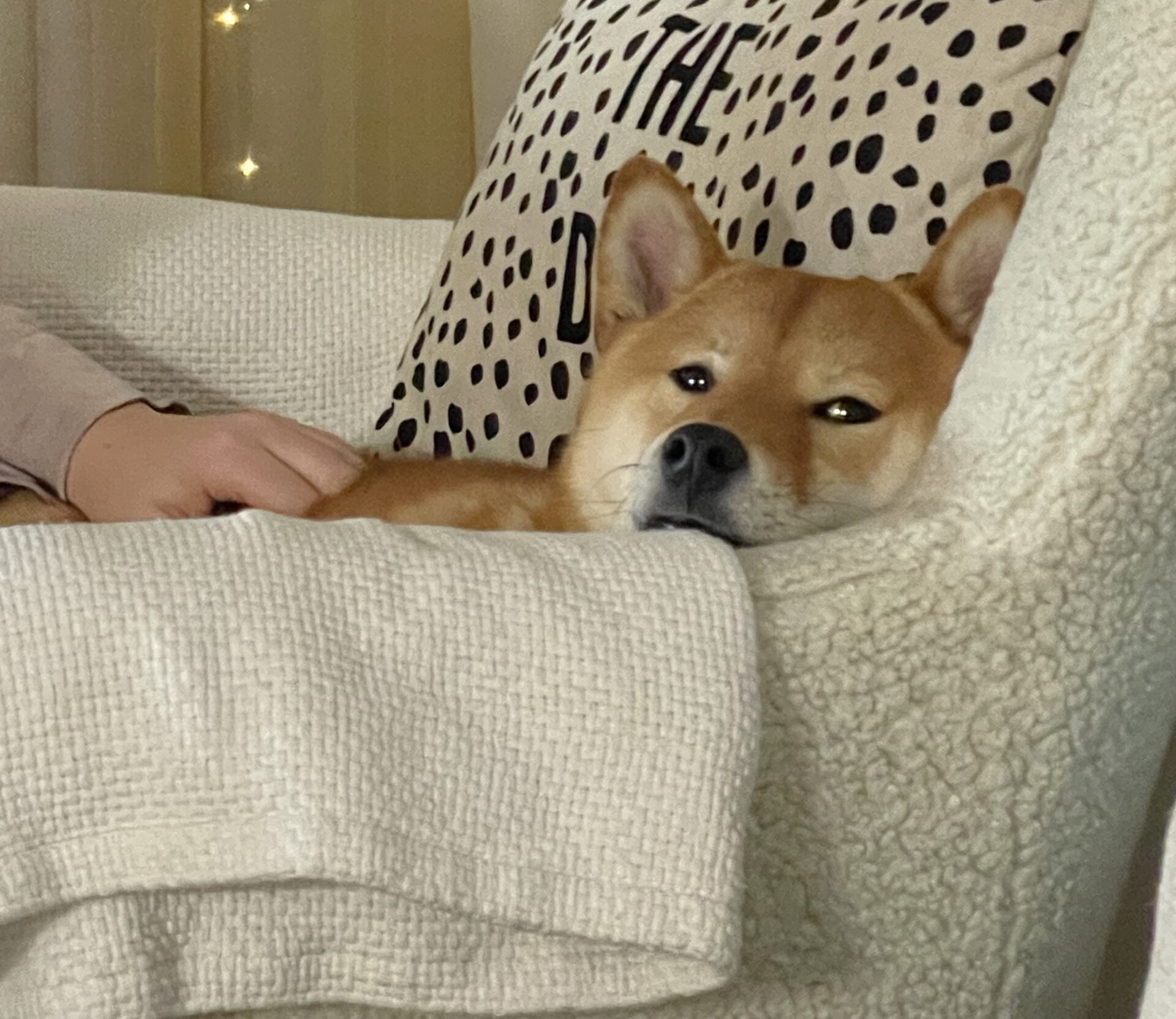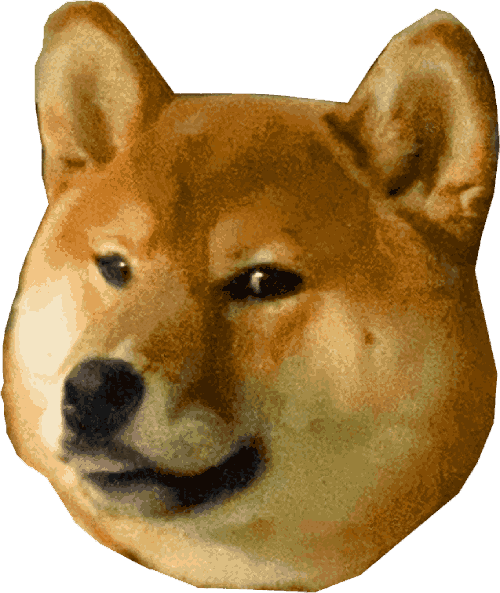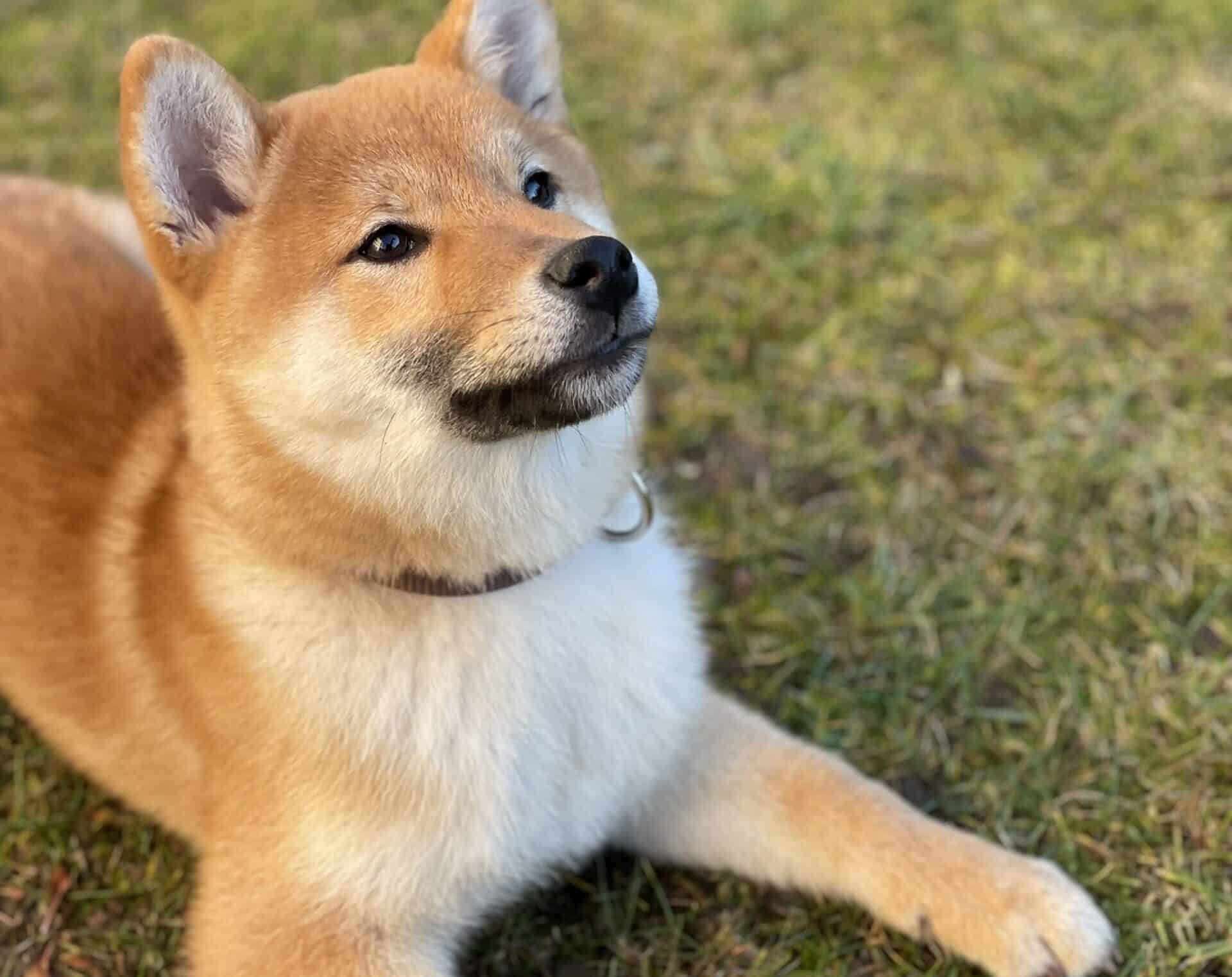
The Ultimate Guide to Train a Shiba Inu: 5+1 Proven Techniques That Work
If You want to train a Shiba Inu the right way, this is the right place for you. The training can be a rewarding yet challenging journey. Known for their independence and strong-willed personality, Shibas require a thoughtful approach to training. In this ultimate guide, we’ll walk you through 5+1 proven techniques that truly work. Whether you’re a first-time Shiba owner or looking to refine your training skills, these methods will help you build a strong and respectful bond with your furry companion. Are you ready to train a shiba inu?
1. Patience Is the Key to Train a Shiba Inu
When it comes to training a Shiba Inu, one of the most critical tools in your arsenal isn’t a leash, treats, or even a clicker—it’s patience. Shibas are intelligent, independent, and often stubborn, which means that training them can feel like an uphill battle. However, with time, consistency, and understanding, they can become incredibly well-behaved and loyal companions.
Why Patience Matters
Shibas are known for their strong-willed personalities, which can make them resistant to traditional training methods. They often weigh their options before responding to a command, thinking, “Is this worth my time?” Unlike some breeds that live to please their owners, Shibas tend to act more independently, making patience an absolute must. You won’t see results overnight, but the progress will come if you stick with it.
Focus on Positive Reinforcement
Patience isn’t just about waiting—it’s about actively reinforcing the right behaviors over and over again. Here’s how to do it effectively:
- Reward the Good: The moment your Shiba does something positive, reward them. Treats, praise, or affection work wonders to reinforce the behavior.
- Consistency is Crucial: Use the same command words and rewards consistently so your Shiba knows what’s expected of them.
- Timing is Everything: Give the reward immediately after the good behavior so your Shiba makes the connection. For example, if they sit on command, give them the treat right away.
Avoid Quick Fixes
It’s important to understand that there are no magical shortcuts to training a Shiba Inu. No secret words, no perfect snacks, and no tricks will instantly make them listen. Progress takes time, and trying to rush it can lead to frustration for both you and your dog. Remember, every Shiba is unique—some may pick up commands quickly, while others take longer. That’s okay!
Celebrate Small Wins
Training a Shiba Inu is a marathon, not a sprint. Celebrate even the smallest victories, such as:
- Responding to their name.
- Sitting on command for the first time.
- Staying calm during a walk.
These moments are signs that your efforts are paying off, even if the progress feels slow.
What Patience Looks Like in Practice
Imagine this: You’ve spent weeks teaching your Shiba to “sit,” and they finally do it without hesitation. That’s not luck—it’s the result of consistent, patient reinforcement. On the flip side, if your Shiba refuses to come when called, don’t get frustrated. Instead, take a step back, assess what might be causing the resistance, and try again later with a calm demeanor.
The Long-Term Rewards of Patience
When you invest patience in training a Shiba Inu, the rewards are priceless. Over time, your Shiba will learn to trust you, respect you, and respond to your commands. The bond you build through consistent, patient training will strengthen your relationship and create a partnership based on mutual understanding.
2. Train a Shiba Inu with Passive Resistance
When it comes to managing a Shiba Inu’s behavior, many owners instinctively try to control them physically or through direct confrontation. However, with a breed as independent and strong-willed as the Shiba, these methods often backfire, leading to more frustration for both you and your dog. Instead, adopting a strategy of passive resistance can yield much better results.
What Is Passive Resistance?
Passive resistance means setting boundaries and expectations without engaging in physical force or unnecessary confrontation. It leverages your Shiba’s natural tendency to seek attention and approval from you, using your response—or lack thereof—as a powerful tool to shape their behavior.
This approach is particularly effective because Shibas are incredibly perceptive. They’re quick to notice patterns, including how their actions influence your responses. By choosing to withhold attention or engagement when they act out, you send a clear message: misbehavior doesn’t get them what they want.
How to Use Passive Resistance
To train a Shiba Inu on a next level, here are practical ways to apply passive resistance in everyday scenarios:
- Ignoring Inappropriate Attention-Seeking:
- Shibas love to be the center of attention, but they don’t always ask for it in the right way. If your Shiba is pawing at you, barking excessively, or acting out for attention, simply ignore them.
- Avoid eye contact, don’t speak to them, and don’t reward the behavior with pats or treats. Once they calm down, reward their good behavior with attention or a treat.
- Calming Overexcited Behavior:
- When a Shiba becomes overexcited—such as jumping, spinning, or barking during play—don’t try to physically restrain or yell at them. Instead, calmly step back and let them settle down on their own.
- Staying firm but non-confrontational helps your Shiba learn that calm behavior is more rewarding than overexcitement.
- Withholding Interaction:
- If your Shiba refuses to follow a command, such as coming when called, resist the urge to chase or physically move them. Instead, remain in control of the situation by ignoring them temporarily or walking away. Eventually, they’ll realize that cooperating earns them positive interaction.
Why Passive Resistance Works
- Shibas Hate Being Ignored:
- As much as they value their independence, Shibas also crave attention and approval from their owners. Ignoring them when they misbehave teaches them that their actions don’t lead to the result they want.
- Encourages Self-Control:
- Passive resistance helps Shibas develop self-regulation. They learn to manage their impulses, as they begin to associate calmness with rewards.
- Reduces Conflict:
- Physical confrontation can escalate a situation, making a Shiba more stubborn or even defensive. Passive resistance diffuses tension and fosters a more cooperative dynamic.
When to Use Passive Resistance
- During Training: If your Shiba becomes distracted or disinterested, don’t force them to continue. Instead, pause and resume when they’re more receptive.
- At Home: When your Shiba is pestering you for attention, such as during work or mealtime, calmly ignore them until they settle down.
- On Walks: If your Shiba pulls on the leash or refuses to move, stand still and wait. Avoid tugging the leash, as this can turn into a battle of wills.
Balancing Passive Resistance with Positive Reinforcement
While passive resistance is a powerful tool, it should always be paired with positive reinforcement. The goal is to teach your Shiba that calm, appropriate behavior earns them rewards, while misbehavior results in a lack of attention. For example:
- If your Shiba sits quietly instead of jumping up for attention, immediately praise them or offer a treat.
- If they stop barking after being ignored, reward their silence with gentle acknowledgment.
This balance helps your Shiba understand what you expect from them and motivates them to choose good behavior on their own.
3. Rules Are Key
A Shiba Inu’s spirited personality thrives within a framework of structure and consistency. These intelligent and independent dogs are not naturally inclined to follow orders unless they understand and respect the boundaries you set. Establishing clear rules from the beginning provides them with a sense of security and helps prevent behavioral issues.
Why Rules Are Essential to train a Shiba Inu
Shibas are known for their strong-willed and curious nature, which means they’re often tempted to test boundaries. Without established rules, your Shiba may become confused about what’s acceptable and what isn’t, leading to frustration for both of you. By setting clear guidelines and sticking to them, you create a predictable environment where your Shiba knows what is expected, reducing misbehavior and building trust.
How to Establish Rules for a Shiba Inu
1. Define Boundaries at Home
Decide early on which areas of your home your Shiba is allowed to access. For example:
- Restricted Areas: Use baby gates or closed doors to keep your Shiba out of places like the kitchen, bathroom, or upstairs.
- Safe Zones: Provide a designated space for your Shiba to rest and relax, such as a crate or a comfy dog bed in a quiet corner.
Once these boundaries are set, enforce them consistently. If your Shiba tries to sneak into a restricted area, calmly redirect them to their allowed space.
2. Set Expectations for Walks
Shibas love exploring, but without proper rules, walks can quickly turn into a tug-of-war. To train a Shiba Inu in the right way, establish these walking rules early:
- Leash Manners: Teach your Shiba not to pull on the leash. If they start pulling, stop walking and wait for them to calm down before continuing.
- Stay Calm: Encourage your Shiba to stay calm and focused during walks, especially when encountering distractions like other dogs or squirrels.
- Consistent Commands: Use simple and consistent commands like “heel” or “leave it” to guide their behavior.
Patience and positive reinforcement are crucial when teaching these rules. Over time, your Shiba will understand that calm and cooperative behavior makes walks enjoyable for both of you.
3. Create Daily Routines
Shibas thrive on routine, which helps them feel secure and reduces anxiety. Establish routines for:
- Feeding: Feed your Shiba at the same times every day to create a predictable schedule.
- Playtime: Schedule regular play sessions to burn off energy and provide mental stimulation.
- Bedtime: Encourage a consistent bedtime routine, such as taking them out for a final bathroom break and settling them in their sleeping area.
Routines help your Shiba understand what to expect and when, which makes them less likely to act out from boredom or confusion.
The Importance of Consistency
Consistency is the foundation of successful rule enforcement. If one day you allow your Shiba on the couch and the next day you scold them for it, they’ll become confused and more likely to ignore your rules altogether. To maintain consistency:
- Stick to Your Rules: Avoid bending the rules, even if your Shiba gives you their best puppy-dog eyes.
- Involve the Whole Household: Ensure all family members are on the same page regarding rules and routines. Mixed messages can undermine your training efforts.
What Happens Without Rules?
Without clear rules, your Shiba may:
- Become territorial, claiming spaces like beds or couches as their own.
- Exhibit unwanted behaviors, such as excessive barking, chewing, or jumping.
- Challenge your authority, making training more difficult.
Rules provide structure and clarity, helping your Shiba feel secure and fostering a positive relationship built on mutual respect.
4. Socialization Is Crucial
Socialization is a cornerstone of raising a well-adjusted and friendly Shiba Inu. These dogs have a natural tendency to be reserved or aloof around strangers, other dogs, or unfamiliar situations. Without proper socialization, this natural caution can escalate into fear, aggression, or anxiety. By starting the process early, you can help your Shiba develop the confidence they need to navigate the world with ease.
Why Socialization Matters
A properly socialized Shiba Inu is more likely to:
- Remain calm and confident in new environments.
- Interact positively with other dogs, animals, and people.
- Adapt to changes in their surroundings or routine without stress.
- Avoid behaviors like fear-based aggression or excessive barking.
Socialization isn’t just about exposure—it’s about ensuring your Shiba associates new experiences with positive outcomes. This process shapes their personality and behavior for life.
Steps to Properly Socialize a Shiba Inu
1. Controlled Interactions with Dogs and People
Expose your Shiba to a variety of dogs and people in controlled settings. This helps them understand that new encounters are safe and enjoyable.
- Puppy Playdates: Arrange supervised play sessions with well-behaved, vaccinated dogs. This helps your Shiba learn appropriate play behaviors.
- Meeting New People: Introduce your Shiba to friends, family, and neighbors. Encourage visitors to offer treats or gentle pets to build positive associations.
- Gradual Exposure: Start with calm environments and gradually move to busier places like parks or dog-friendly cafes.
2. Early Introduction to Grooming and Accessories
Shibas are known for being clean dogs, but grooming is still essential. Getting them accustomed to the process early can save you stress later on.
- Touch Training: Gently handle your Shiba’s paws, ears, and tail regularly to get them used to being touched.
- Grooming Tools: Introduce brushes, nail clippers, and combs slowly. Let them sniff and inspect these tools before using them.
- Coat-Wearing Practice: If your Shiba will need to wear a coat or harness in cold weather, start putting it on briefly when they’re young, rewarding them with treats and praise.
3. Positive Reinforcement for New Experiences
Every new experience should be paired with positive reinforcement to create good associations.
- Rewards: Use treats, toys, or verbal praise to reward your Shiba when they remain calm or curious in a new situation.
- Short Sessions: Keep introductions short and end on a positive note to avoid overwhelming your Shiba.
- Gradual Steps: For example, if you’re introducing them to car rides, start with sitting in a stationary car before progressing to short trips.
When to Start Socializing
The earlier, the better! Puppies have a critical socialization window between 3 and 14 weeks of age when they are most open to new experiences. However, even adult Shibas can benefit from exposure to new situations with patience and consistency.
Common Socialization Challenges
- Overstimulation: Shibas can become overwhelmed in loud or chaotic environments. Start slow and increase the complexity of situations gradually.
- Fearful Reactions: If your Shiba seems afraid, don’t force the interaction. Instead, give them space and try again later in a calmer setting.
- Overexcitement: While socializing, your Shiba may get too excited, leading to jumping or barking. Stay calm and redirect their energy to appropriate behaviors.
5. Control Your Energy
Shiba Inus are highly perceptive dogs, capable of picking up on even the subtlest changes in your emotions and energy. If you’re frustrated, anxious, or aggressive, your Shiba is likely to reflect those feelings, often leading to unwanted behaviors like defiance, hyperactivity, or stress. This makes controlling your energy one of the most important aspects of training a Shiba Inu.
Why Your Energy Matters
Dogs, especially intuitive breeds like Shibas, rely on their owner’s energy as a guide to navigate situations. When you remain calm and composed, you signal to your Shiba that everything is under control. However, if your emotions are erratic, your dog might react unpredictably, making training harder and increasing the likelihood of behavioral issues.
How to Manage Your Energy During Training a Shiba Inu
- Stay Calm in Challenging Situations: If your Shiba isn’t cooperating or is acting out, take a moment to pause. Deep breaths can help you reset and project confidence.
- Avoid Aggression: Shouting, yanking the leash, or displaying anger will only escalate the situation. Instead, use a steady tone and firm commands.
- Be Consistent in Your Reactions: Shibas thrive on routine and predictability. Responding to behaviors calmly and consistently helps them learn what’s expected.
- Be prepared mentally: It’s crucial to be aware of the physical difficulties having a Shiba Inu. The more you know the better results you’ll get.
The Ripple Effect of Calm Energy
When you maintain a calm and steady demeanor, your Shiba will feel more secure and cooperative. For instance, if they sense you’re unfazed by distractions on a walk, they’re more likely to ignore those distractions themselves. Similarly, your confidence during training sessions builds their trust in you, leading to better results.
6. Call Out Bad Behavior
While positive reinforcement is essential, addressing bad behavior is equally important. When your Shiba does something they’re not supposed to, use a firm and confident “NO!” immediately after the action. Timing is critical—correct the behavior as it happens so they understand the connection.
Avoid yelling or showing frustration, as this may escalate the situation. Stay calm, clear, and consistent with corrections, and follow up with positive reinforcement when they exhibit the desired behavior.
Why These Techniques Work
Shiba Inus are intelligent, independent, and sensitive dogs. These techniques cater to their unique personality traits by combining positive reinforcement, clear boundaries, and emotional stability. By using patience, consistency, and calm energy, you’ll create a harmonious relationship built on mutual respect.
Conclusion
Training a Shiba Inu requires effort, understanding, and a willingness to adapt. These 5+1 techniques provide a solid foundation to guide you through the process. Remember, every Shiba is unique—what works for one may require tweaking for another. Stay patient, consistent, and calm, and you’ll be well on your way to raising a well-mannered and joyful companion.
With waggy tails and a side of sass,
Kylo
The Boss of ShibaHeaven.com 🦊

